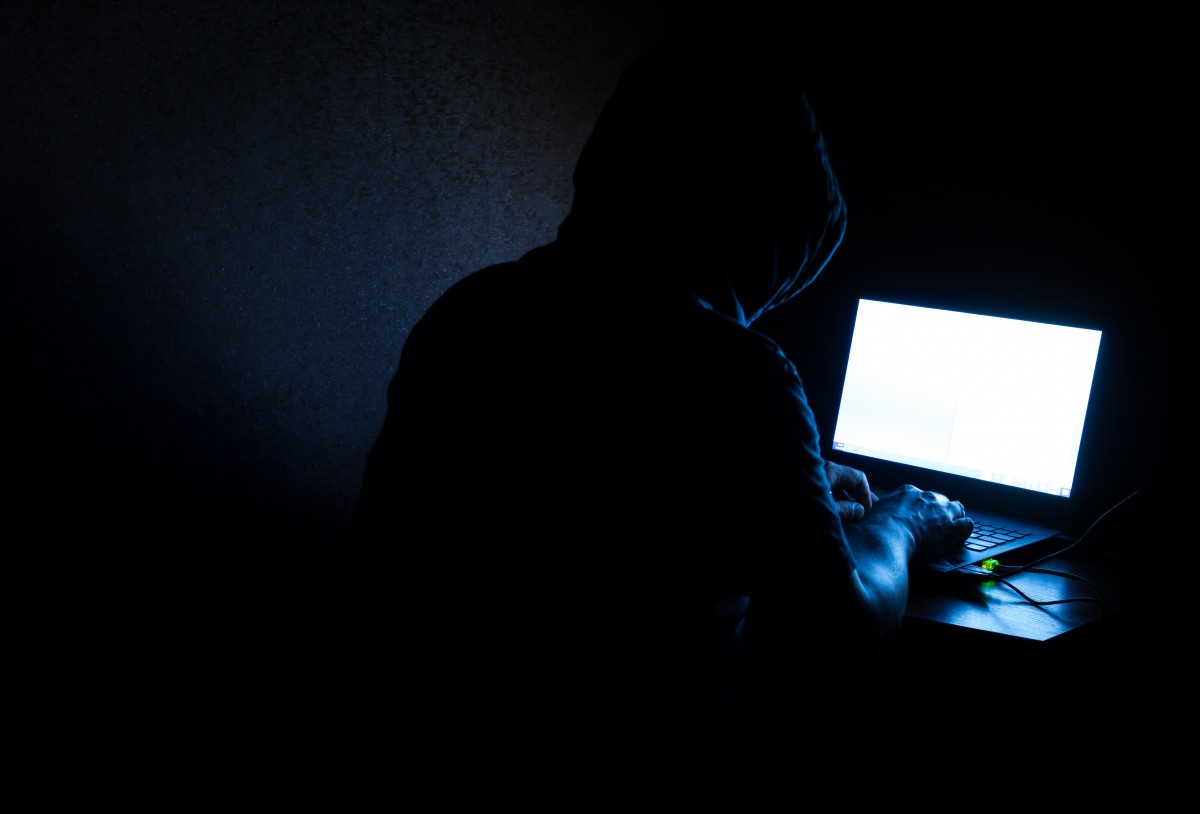Last year, internet shutdowns took place in 33 countries and cost the global economy more than $8 billion. A significant number of countries are deliberately filtering keywords, throttling the internet, blocking apps, or even cutting access to the web seeking to control the flow of information about the Coronavirus outbreak. Technical analysis conducted by the privacy protection company Surfshark examines the tools most commonly used for censoring the internet, as well as countries that use internet shutdowns to manipulate public opinion.
Berhan Taye, a senior policy analyst at advocacy group Access Now which is dedicated to an open and free Internet said: “Internet shutdowns in times of COVID-19 prevent people from accessing vital and life-saving information about this pandemic. Any attempt to deliberately restrict internet access during this crisis is like a death sentence on the most vulnerable in the world.”
As the number of COVID-19 cases rises, people in areas of India, Myanmar, Bangladesh still live in a communications blackout, and Ethiopia has only recently lifted its ban. The highest numbers of internet shutdowns throughout the year were recorded in India (121), Venezuela (12), Yemen (11), Iraq (8), and Algeria (6).
The number of deliberate blackouts almost doubled since 2018. Identifying patterns of how these shutdowns were implemented is difficult. "It is clear that quite often, countries try a variety of technical measures to achieve complete or partial internet blackouts," says Naomi Hodges, Cybersecurity advisor at Surfshark.
"Quite often, the use of sophisticated technological tools is not necessary as political leaders control major internet service providers (ISPs). When the authorities control internet filtering, they can employ any measures, and civil society won't be able to detect what's behind the firewall," adds Hodges.
The rapid increase of internet shutdowns shows that countries are learning from one another to silence criticism by cutting off access to information. While most democratic countries value decentralized networks, some like Venezuela and Iraq are going backwards towards a state-controlled internet.
The countries analyzed are among the most notorious adversaries of internet freedom . Having a tight grip over local ISPs allows them to cut internet access without using high-tech methods.
Authorities in India, Iraq, Venezuela and Yemen frequently use draconian laws to ban or restrict online access.
Internet blackouts are usually implemented in addition to long-running online and offline media censorship. All analyzed countries use online filtering to control information, but the extent of internet censorship varies from country to country. In most instances , deep-packet inspection and IP blocking were used in tandem, which is less technically challenging when there are only a few major telecommunications providers in a country.
The analysis shows that governments justify censorship as necessary measures to fight fake news or hate speech:
- Internet shutdowns in Venezuela are brief and sporadic. They are used to prevent dialogue regarding the political crisis, and cut support for the interim president, Juan Guaidó.
- Authorities in India and Iraq focus on long-lasting regional shutdowns or throttling as a means to control mounting protests against failing political leaders
- Internet blackouts are relatively rare in Algeria and Yemen, and are usually tied to major political shifts.




